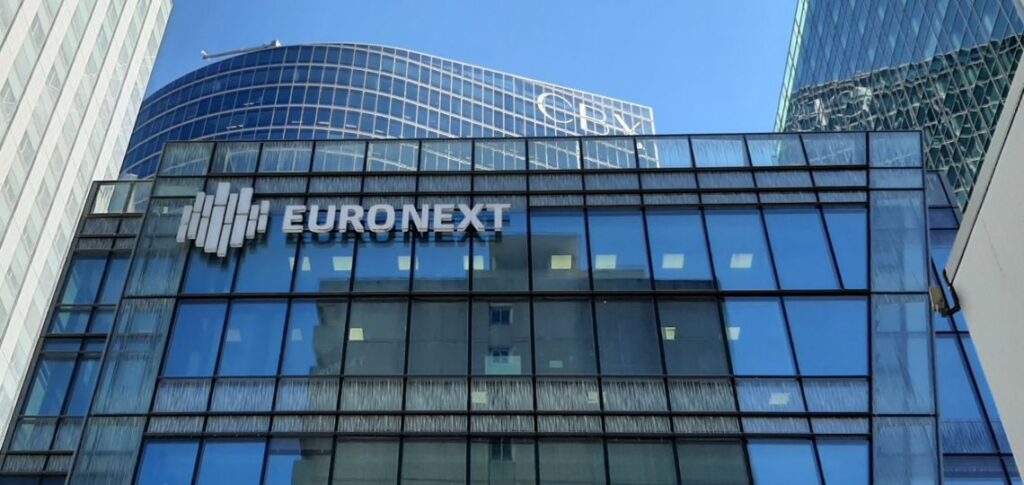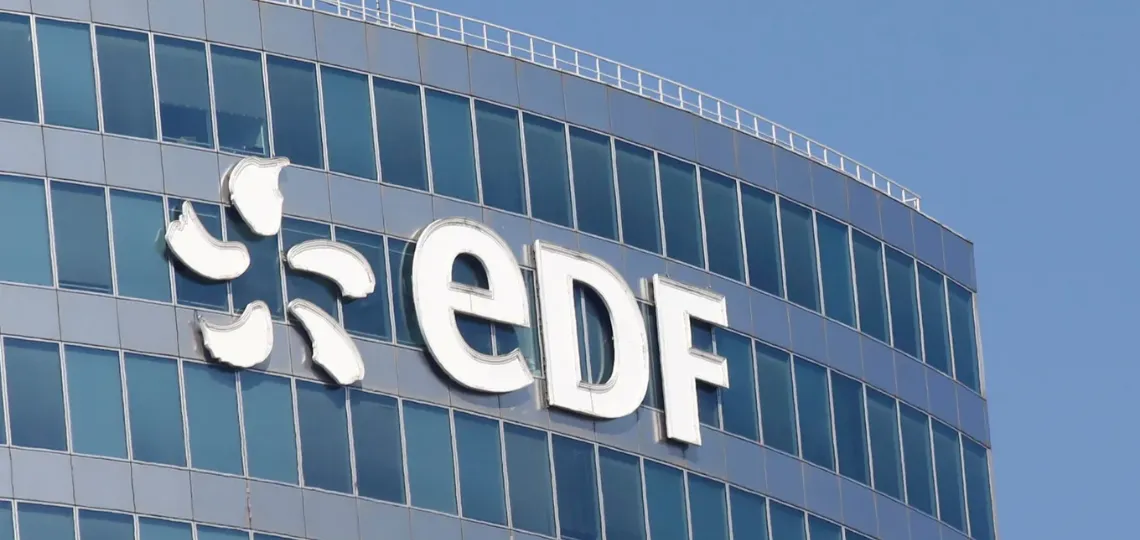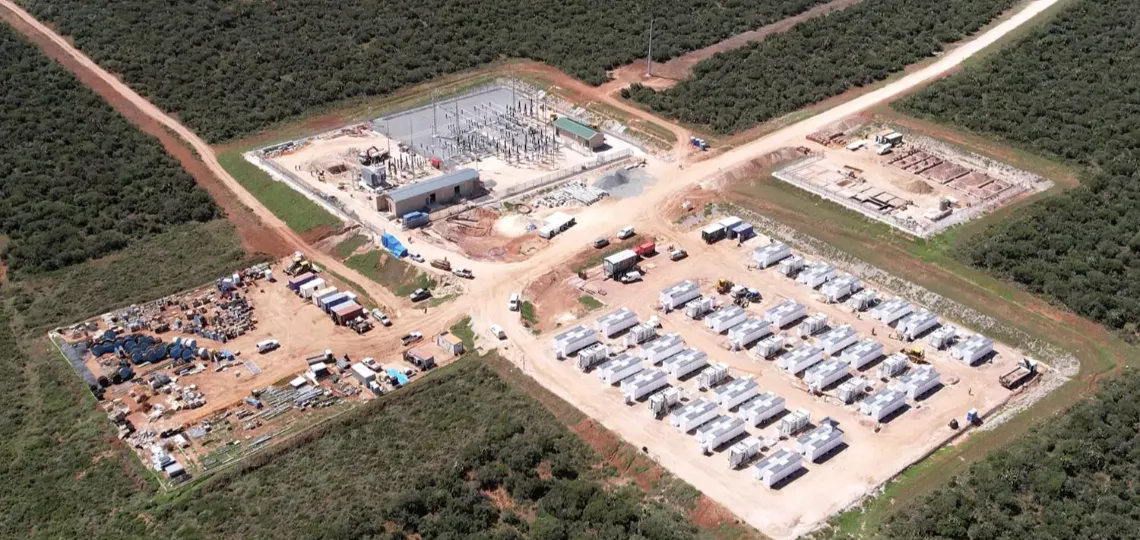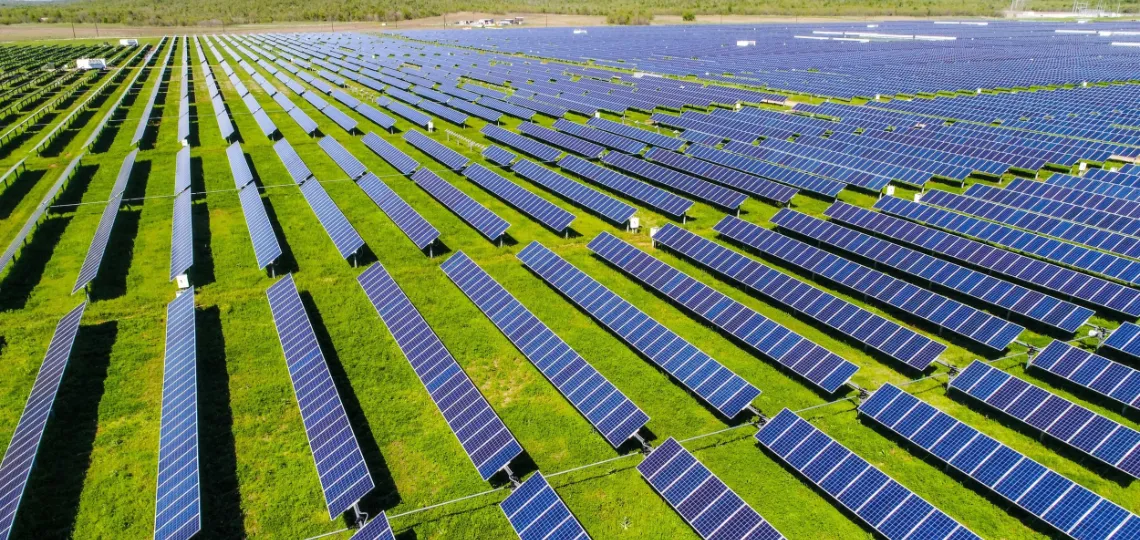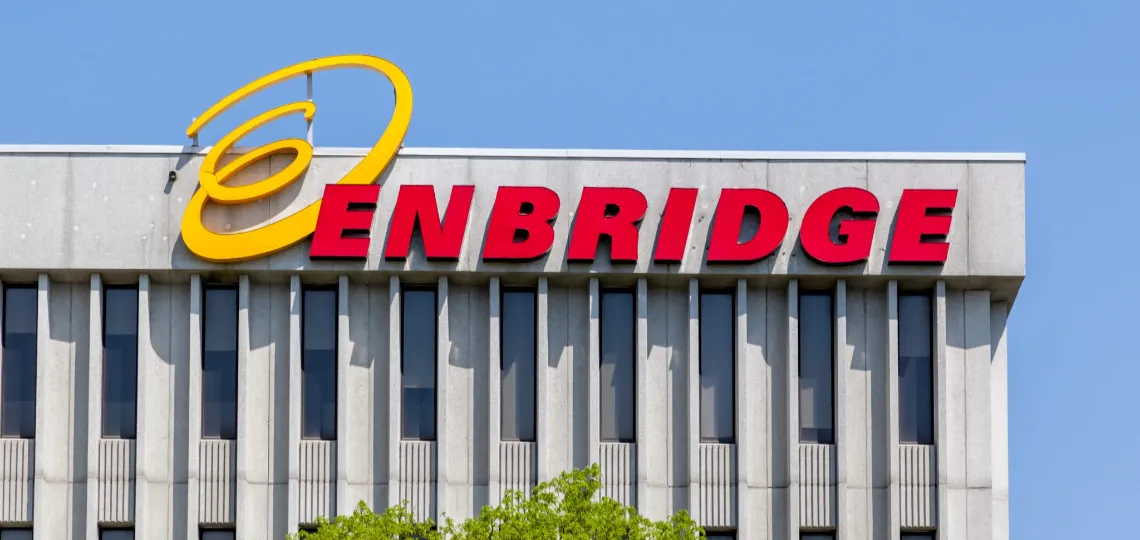Euronext announced on May 6 a series of initiatives aimed at financially supporting European companies active in the energy and defence sectors. Among these measures is the launch of three new thematic indices, designed to reflect the performance of companies operating in sectors considered critical to the continent’s strategic autonomy.
Three indices to guide investment flows
The Euronext European Energy Security Index will track companies in the energy sector, while the Euronext European Aerospace & Defence Index will focus on firms operating in aerospace and defence. Lastly, the Euronext European Strategic Autonomy Index will follow companies contributing to Europe’s strategic independence across key sectors. These indices are intended to serve as benchmarks for institutional investors seeking exposure to these market segments.
According to Stéphane Boujnah, Chief Executive Officer of Euronext Group, “investors are increasingly eager to expand their exposure to growing opportunities related to investments in aerospace, defence, energy and strategic infrastructure in Europe,” he said in a statement released Tuesday.
Deployment of new financing solutions
The operator also plans to establish a “European growth hub for aerospace and defence” by the end of 2025. This facility aims to provide affected companies with easier access to broader financial resources. As part of this strategy, Euronext will offer new solutions to facilitate the issuance of European defence bonds, although precise details have not been disclosed.
Adapting ESG standards to include defence
In parallel, Euronext will revise the methodologies of its existing ESG (Environmental, Social and Governance) indices, in line with new guidelines issued by the European Securities and Markets Authority (ESMA). These changes will allow certain defence companies, previously excluded due to unfavourable ESG ratings, to be included in the indices.
The initiative reflects a reinterpretation of the ESG acronym by the operator as “Energy, Security and Geostrategy”. This approach seeks to respond to the growing demand for investment aligned with current geopolitical priorities, against a backdrop of uncertainty surrounding US commitment to Europe and increased military spending, particularly in Germany.
Financial sector response and outlook
The financial sector remains cautious toward defence companies, which have traditionally been marginalised in portfolios due to conventional ESG criteria. Including these companies in thematic indices could expand their access to private capital. Mr Boujnah nonetheless affirmed that Euronext’s commitment to traditional ESG standards “remains total,” despite this strategic shift.


